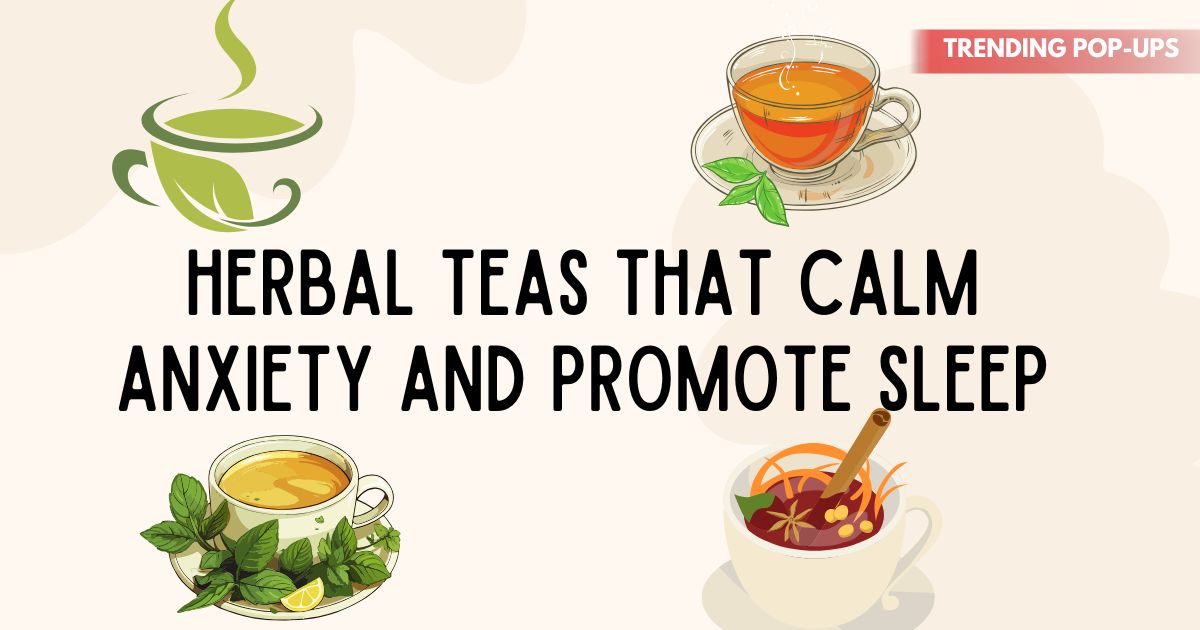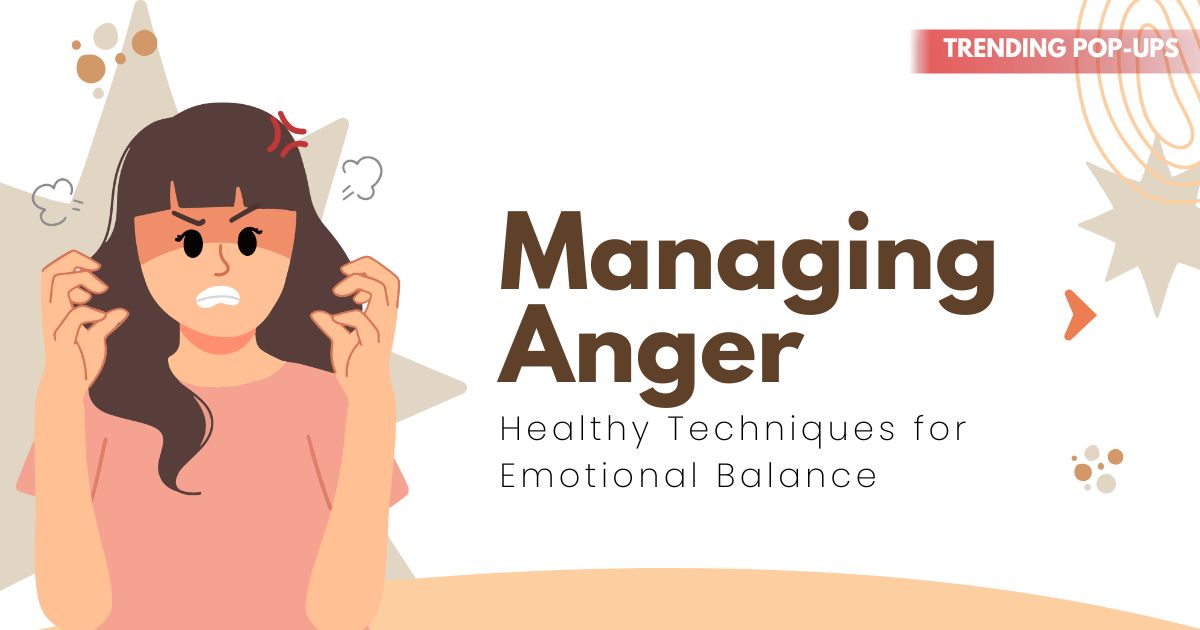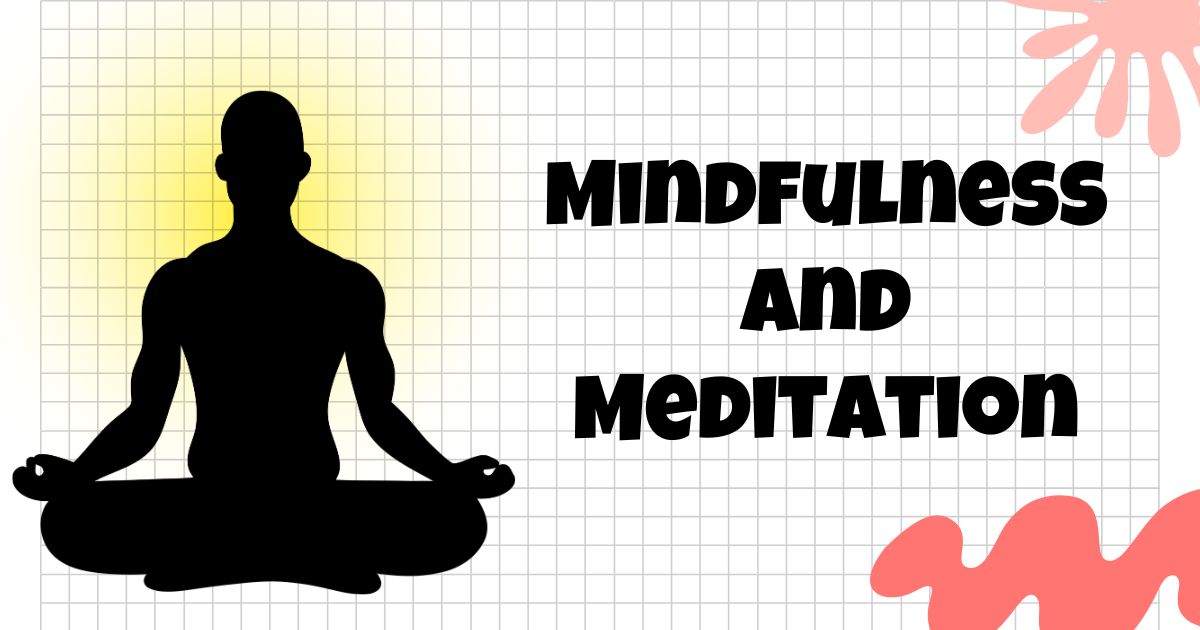In today’s fast-paced world, anxiety and sleep disturbances have become common issues. While lifestyle changes and therapy are essential, herbal teas offer a natural and soothing solution. Rich in calming compounds, certain teas can reduce stress, lower anxiety levels, and promote restful sleep.
This guide explores the best herbal teas for anxiety and sleep, their benefits, and how to incorporate them into your daily routine for improved mental well-being and relaxation.
How Herbal Teas Help Calm Anxiety and Improve Sleep
Herbal teas contain bioactive compounds that interact with the nervous system:
-
L-theanine: Found in teas like green tea and chamomile, promotes relaxation without drowsiness.
-
Valerenic Acid: Present in valerian root tea, helps improve sleep quality.
-
Apigenin: A flavonoid in chamomile, binds to receptors in the brain that reduce anxiety.
-
Magnesium and Potassium: Found in some herbal blends, these minerals help relax muscles and calm the nervous system.
By regulating neurotransmitters such as GABA and serotonin, herbal teas create a calming effect that eases anxiety and encourages better sleep.
Top Herbal Teas for Anxiety and Sleep
1. Chamomile Tea
-
Benefits: Reduces anxiety, promotes relaxation, improves sleep quality.
-
How to Use: Steep 1–2 teaspoons of dried chamomile flowers in hot water for 5–10 minutes before bedtime.
2. Valerian Root Tea
-
Benefits: Known for its sedative properties, it improves sleep onset and duration.
-
How to Use: Brew 1 teaspoon of dried valerian root in hot water for 10 minutes, ideally 30 minutes before bed.
3. Lavender Tea
-
Benefits: Lavender calms the nervous system, reduces stress, and enhances sleep quality.
-
How to Use: Steep 1–2 teaspoons of dried lavender flowers in hot water for 5–7 minutes.
4. Lemon Balm Tea
-
Benefits: Mild sedative effects, reduces nervous tension, and supports mental clarity.
-
How to Use: Brew fresh or dried lemon balm leaves in hot water for 10 minutes.
5. Passionflower Tea
-
Benefits: Helps relieve anxiety and insomnia by increasing GABA levels in the brain.
-
How to Use: Steep 1 teaspoon of dried passionflower in hot water for 10 minutes, preferably in the evening.
6. Peppermint Tea
-
Benefits: Relieves tension, reduces stress, and aids digestion, which indirectly promotes relaxation.
-
How to Use: Brew fresh or dried peppermint leaves for 5–7 minutes and enjoy warm.
7. Ashwagandha Tea
-
Benefits: Adaptogenic herb that lowers cortisol levels, helping the body manage stress and anxiety.
-
How to Use: Simmer 1 teaspoon of ashwagandha powder in water for 10 minutes. Add honey or milk for flavor.
Tips for Maximizing the Benefits of Herbal Teas
-
Drink Before Bedtime: Most calming teas are most effective when consumed 30–60 minutes before sleep.
-
Consistency is Key: Regular use enhances relaxation and sleep quality over time.
-
Avoid Caffeine: Stick to caffeine-free herbal teas in the evening to prevent sleep disruption.
-
Combine with Relaxation Practices: Pair tea consumption with meditation, deep breathing, or reading to enhance its calming effects.
-
Check for Allergies: Some herbs may cause allergic reactions; start with small amounts if you’re trying a new tea.
Lifestyle Practices to Enhance Anxiety Relief and Sleep
-
Maintain a consistent sleep schedule: Wake up and go to bed at the same time daily.
-
Exercise regularly: Moderate physical activity reduces stress hormones and improves sleep.
-
Limit screen time before bed: Reduce blue light exposure to enhance melatonin production.
-
Practice mindfulness or meditation: Helps lower cortisol and promotes mental calmness.
-
Balanced diet: Avoid excess sugar and processed foods that can increase anxiety and disrupt sleep.
Conclusion
Herbal teas offer a natural, soothing way to calm anxiety and improve sleep quality. With options like chamomile, valerian root, lavender, lemon balm, and passionflower, these teas work through calming compounds that regulate stress hormones and neurotransmitters. Combined with healthy lifestyle habits—such as regular exercise, mindfulness, and a consistent sleep schedule—herbal teas can enhance relaxation, reduce anxiety, and promote restorative sleep. Incorporating these teas into your nightly routine provides both physical and mental benefits, helping you achieve balance and overall wellness.
Also Read : Mindfulness and Meditation: A Beginner’s Toolkit
FAQs
Q1. Can herbal teas replace medication for anxiety?
Herbal teas can support relaxation and reduce mild anxiety, but they are not a substitute for prescribed medication. Consult a healthcare provider for severe or chronic anxiety.
Q2. Are herbal teas safe for everyone?
Most herbal teas are safe for adults, but pregnant or breastfeeding women and people on medication should consult a doctor before use.
Q3. How long does it take for herbal teas to improve sleep?
Effects can be noticed within days, but regular consumption over several weeks provides the most consistent benefits.
Q4. Can I mix different calming teas?
Yes, combining teas like chamomile and lavender can enhance relaxation, but avoid excessive consumption to prevent digestive discomfort.
Q5. Do herbal teas have side effects?
Generally safe, but overconsumption or allergies may lead to nausea, headaches, or allergic reactions.



